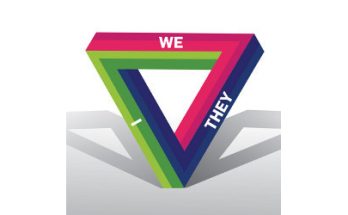“Why prisoners like me need internet access”
MIT Technology Review, June 30, 2021
Opinion
by Joe Garcia
“I haven’t been online in almost two decades. Being able to would help me prepare for life after my release.”
California recently promised to provide free computer tablets to all state prisoners by the end of 2021, allowing prisoners like me to email our loved ones through a highly restricted prison messaging service and download content like movies and books. It’s a great first step, but without more open and frequent internet access, there’s no way we’ll ever truly keep pace with the changing world outside our prison walls.
I’ve been locked up since 2003. Back then Apple had barely launched iTunes, and I was still in awe of the so-called high-speed connection I’d paid Time Warner to install in my apartment. In all the years since then, I haven’t logged a single second of internet activity. My frames of reference for what it means to be online now come from network television and print media.
When my first parole opportunity arrives, in 2023, I’ll be 53 years old. As a convicted murderer, I will need to convince the parole board not only that I have been rehabilitated, but also that I am able to be a productive and employable citizen. It can be hard to keep up with changes in technology even when you’re experiencing them firsthand. When you’re locked away, it’s virtually impossible.
I’m hoping to pursue a career path in journalism when I get out of prison, and I worry every day about reentering a global economy with my grossly outdated tech skill set. I know the job market will expect internet fluency more than ever in the post-pandemic world, since much of America’s media workforce has gone remote.
Roughly 2.3 million people are incarcerated in the US. Even though the internet is a given in the rest of society, access in prison is so restricted it’s almost nonexistent. Prisoners are only allowed to use a tiny number of programs that might offer Zoom classes with outside teachers, or to browse an extremely limited set of whitelisted sites through intranets that are carefully cordoned off from the public internet.
At San Quentin State Prison, where I reside, the computers that prisoners can access feature preloaded interactive programs that offer the same basic experience as reading from a textbook. My only experience using a search engine has been through LexisNexis, which the prison library licenses to allow us to study case law.
About the Author:
Joe Garcia is a correspondent for the Prison Journalism Project at San Quentin State Prison, where he is incarcerated.
See also:
- A Proclamation on Second Chance Month, 2021. The White House, March 31, 2021.






